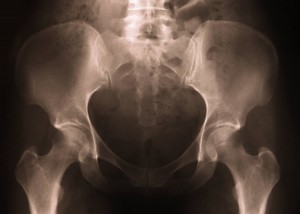 Maybe you’ve heard that breastfeeding strengthens your bones. Or maybe your mother-in-law has told you that it weakens your bones. Or if you’re a big breastfeeding nerd you might remember that the mammoth 2007 AHRQ analysis found no conclusive evidence one way or the other.
Maybe you’ve heard that breastfeeding strengthens your bones. Or maybe your mother-in-law has told you that it weakens your bones. Or if you’re a big breastfeeding nerd you might remember that the mammoth 2007 AHRQ analysis found no conclusive evidence one way or the other.
But have you heard that long term breastfeeding gives you bigger bones?
The whole are of breastfeeding and osteoporosis has been a confusing area to understand, because some studies show that breastfeeding helps bone mineral density, while other show that it hurts it or has no effect at all.
But the most puzzling thing has been that studies have found that women who have breastfed have have reduced fracture risk later in life, no matter what their bone mineral density is like. How could that be?
If you can fall in love with a study, I think I just did. It’s this 2011 Finnish study which found that mothers who breastfed for 33 months or longer (cumulative lifetime total) had stronger bones than women who had breastfed for a shorter time. But not because their bones were more dense. It was because their bones were bigger.
Here’s what the researchers in Finland found when they measured bone strength in women 16 to 20 years after their last baby: Women who nursed for 33 months or longer (again, over a lifetime), regardless of the number of children, had larger bone size and strength later in life. Specifically, they had better hip strength and better tibia strength. This was true even when they controlled for age, height, weight, parity (number of births), menopausal status, use of hormone replacement therapy, and current leisure time physical activity level.
Why would mothers who nursed for 33 months or longer have bigger bones? In pregnancy, they explain, women lose about 5% of their bone mass. But because there is simultaneously more pressure on their skeleton, our bodies compensate by growing our bones’ diameter a little. And as it turns out, the diameter of bone is more important than density when it comes to bone strength. But since all women in the study had the same weight patterns after pregnancy, “increased mechanical load” related to pregnancy didn’t seem to explain why women who breastfed longer had more bone (though hold onto the thought about why bone diameter is important - it’s coming back).
What’s the reason then? It’s the suppression of estrogen, the authors conclude:
Estrogen at high level promotes endocortical [inner] bone formation and inhibits periosteal [outer bone] formation…The estrogen level is very low during lactation…Therefore, it is possible that the low levels of estrogen during lactation exert less inhibitory effects on periosteal bone formation thereby permitting periosteal expansion [outer bone growth], leading to a bone with larger size at the end of lactation…After weaning, the lost bone mass is regained, but the larger bone size built up during lactation persists, hence conferring greater bone strength later in life.
Did you hold onto that concept about bone diameter and density? Remember that when it comes to bone strength, having greater bone diameter is more important than density, so this explains why women who breastfed might have lower bone density but lower fracture risk than women who didn’t. And because this held true no matter how many kids the mothers had, it points to breastfeeding as the source of this protection.
Having bigger bones might not explain away those last five pounds you want to lose, but it might be some comfort to know that you’re doing your bones a favor by breastfeeding as long as you have!



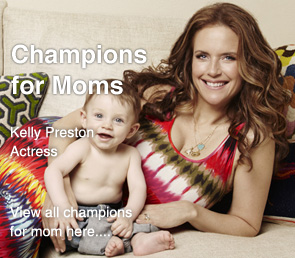
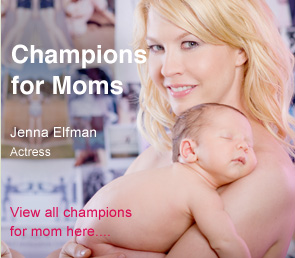
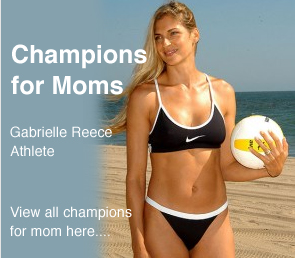

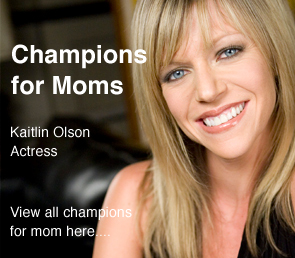
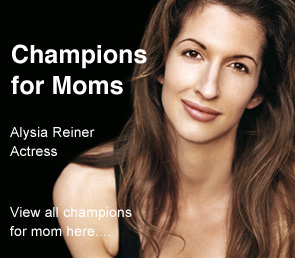
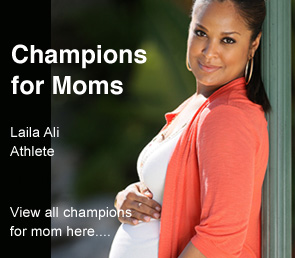
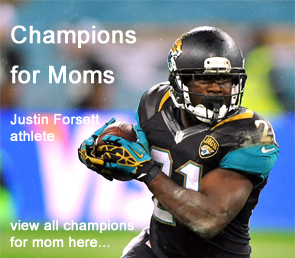

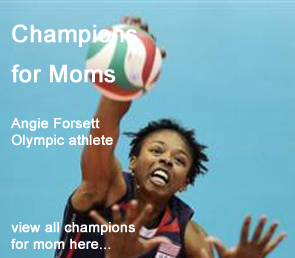


This is fantastic news! After 118 months (and still counting)of nursing my babies, I should have bones like Wolverine!